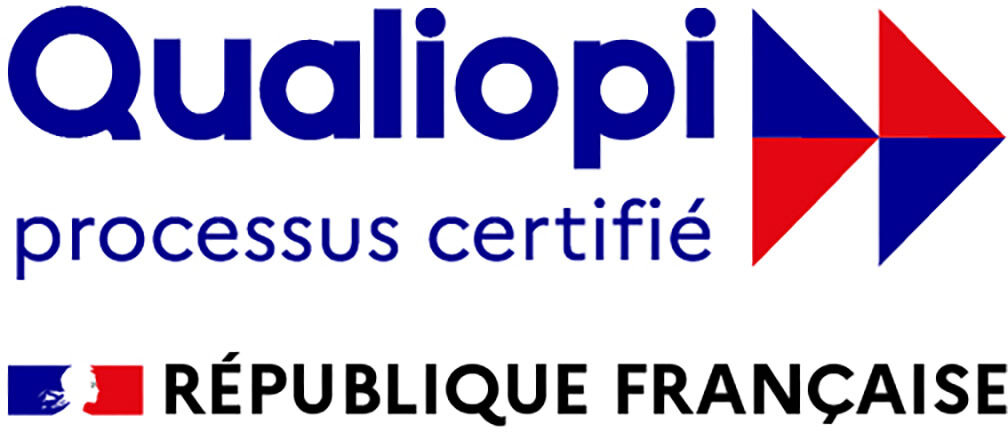

Go to content Navigation Direct access Intranet/ENT



The Master's in Neuroscience is open to candidates in both initial and continuing education programs.
The Master in Neuroscience is an interdisciplinary training of excellence, designed to train specialists in the study of the brain and the nervous system.
The Master's degree offers in-depth theoretical and practical training for students passionate about understanding the complex mechanisms of the brain and nervous system. The program draws on the latest cutting-edge knowledge and technologies in the fields of cellular, molecular, and integrated neuroscience, as well as, for certain courses and optional courses, cognitive and clinical neuroscience.
The Master's degree offers access to renowned research laboratories for internships, compulsory in M1 and M2, and an international academic network.
It prepares graduates for careers in research, higher education, the biomedical industry, and the health and technology sectors.
The Master's in Neuroscience follows the Bachelor's degrees in Life Sciences or Biology, or the corresponding dual degrees such as Science and Chemistry. It represents a natural path for students in these degrees who wish to specialize in neuroscience. Neuroscience courses in the Bachelor's degree are recommended but not mandatory.
The Master’s degree is open to health students and candidates returning to study.
The Master's in Neuroscience offers three tracks made "by and for" scientific research in neuroscience.
Teaching blocs ("Unités d'Enseignement" - UE) are shared between the three different tracks and with the Master's in Life Sciences.
Courses are taught in English for the M2 program of the NCI program, and some M1 programs, as well as for both other programs.
This program is taught in person at the Valrose Campus in Nice. It offers two long laboratory internships, lasting 5 months in M1 (February to June) and 6 months in M2 (January to June). The internships can take place in the host laboratories on the Nice campus, in France, or abroad.
Learn more about the NCI track
This course is taught 100% online, and in English, with the exception of internships. It has an international training vocation. It is co-accredited with the Masters in Neurosciences of Université de Bordeaux, Aix-Marseille Université and Université de Strasbourg. It offers a laboratory internship of at least 2 months in M1 and 6 months in M2.
Learn more about the EMN track

This international course is a double Master's degree with Université de Séville, in Spain. It is shared with the NCI course for the M1 at the Côte d’Azur University. The M2 is followed with the Máster Universitario en Fisiología y Neurociencias d’Universidad à Sevilla, taught in English. This course offers two long internships of 5 months in M1 and 6 months abroad in M2.
Learn more about the INM track

Thiss training is accessible to people with disabilities.
Learn more on the 'Mission Handicap' website

This training offer is eligible for MON COMPTE FORMATION
moncompteformation.gouv.fr
Applications for M1 for the NCI and IMN courses must be submitted on the MonMaster plateform from February 25, 2025 to March 24, 2025
"Health" students can go directly to Master 2, provided they have obtained the Master 1 Research Medicine during their studies in Health, or after validation of the ECN.
Cross-functional skills
Specific skills















